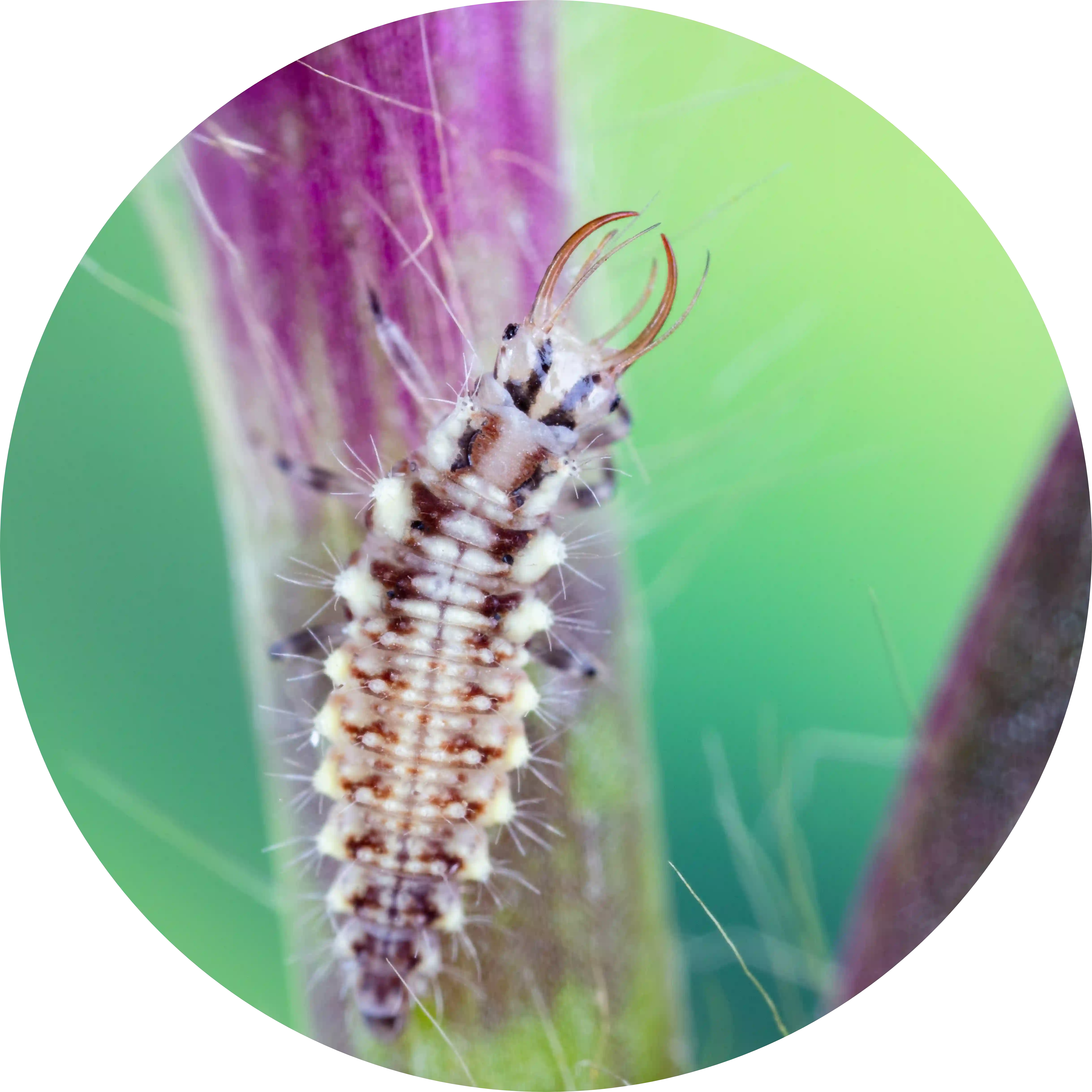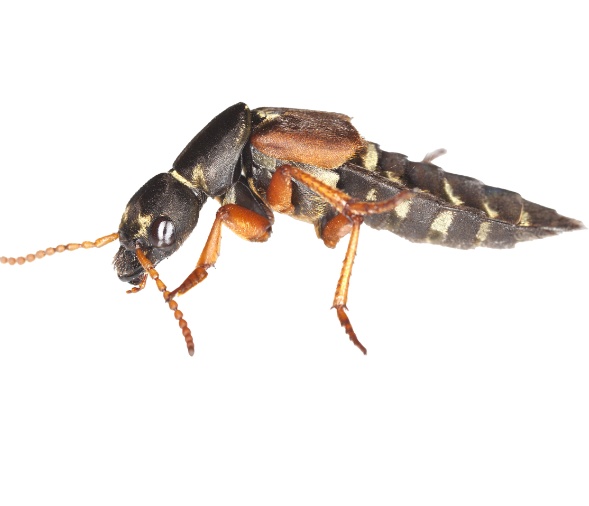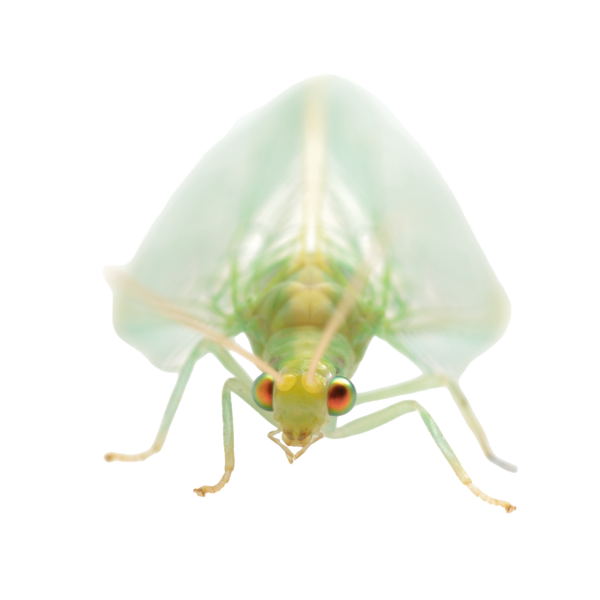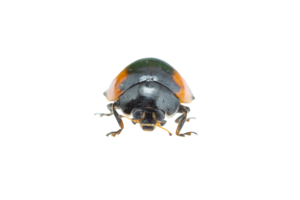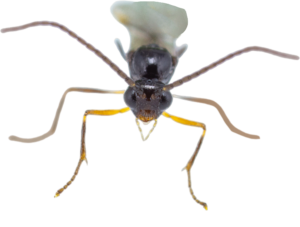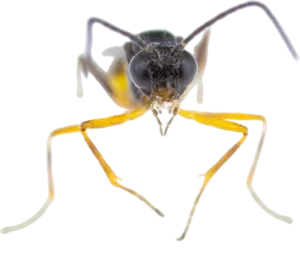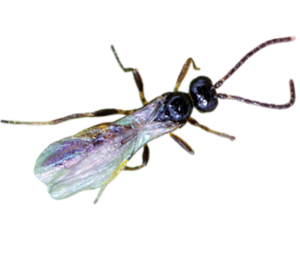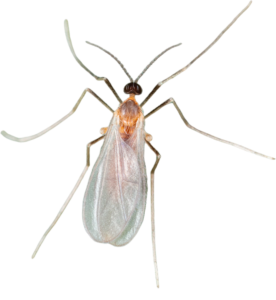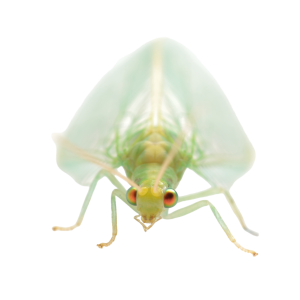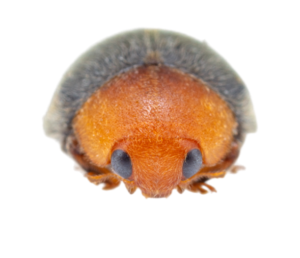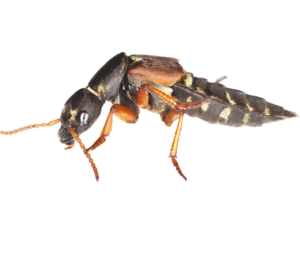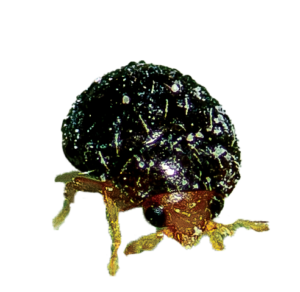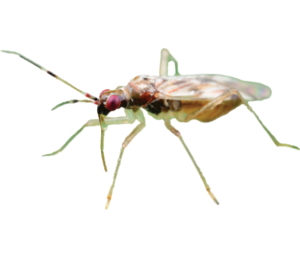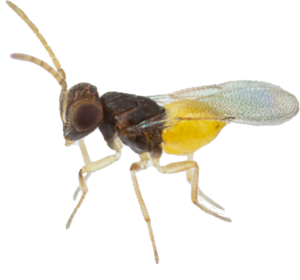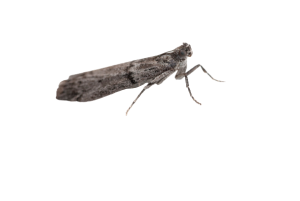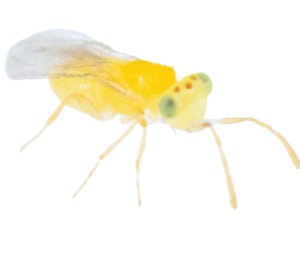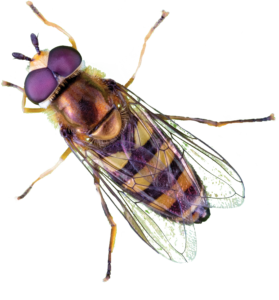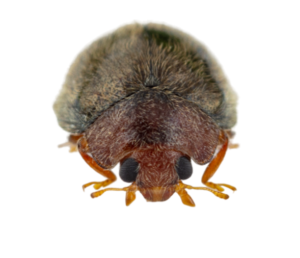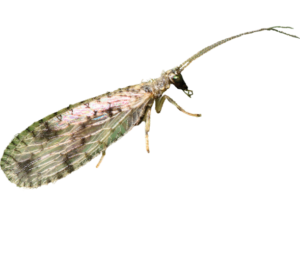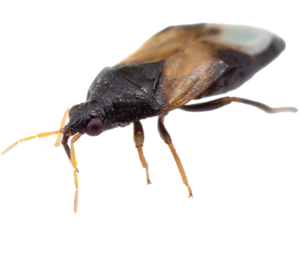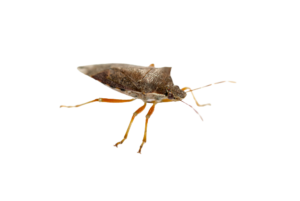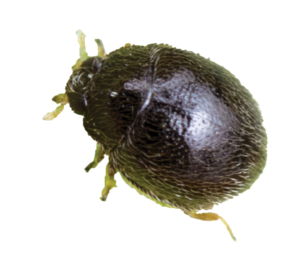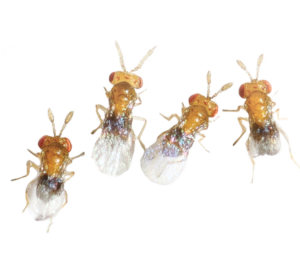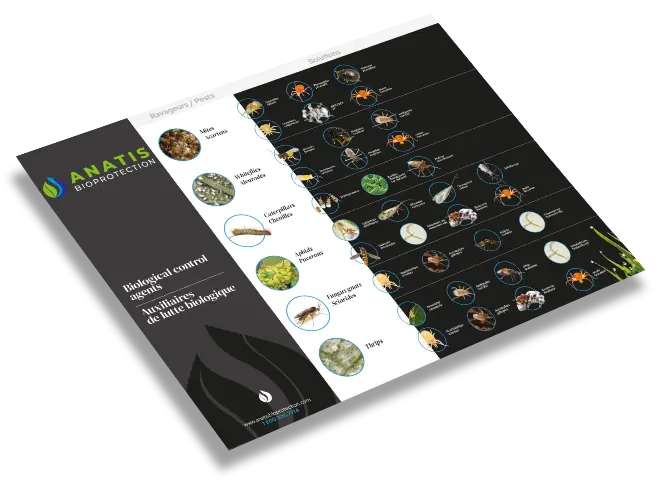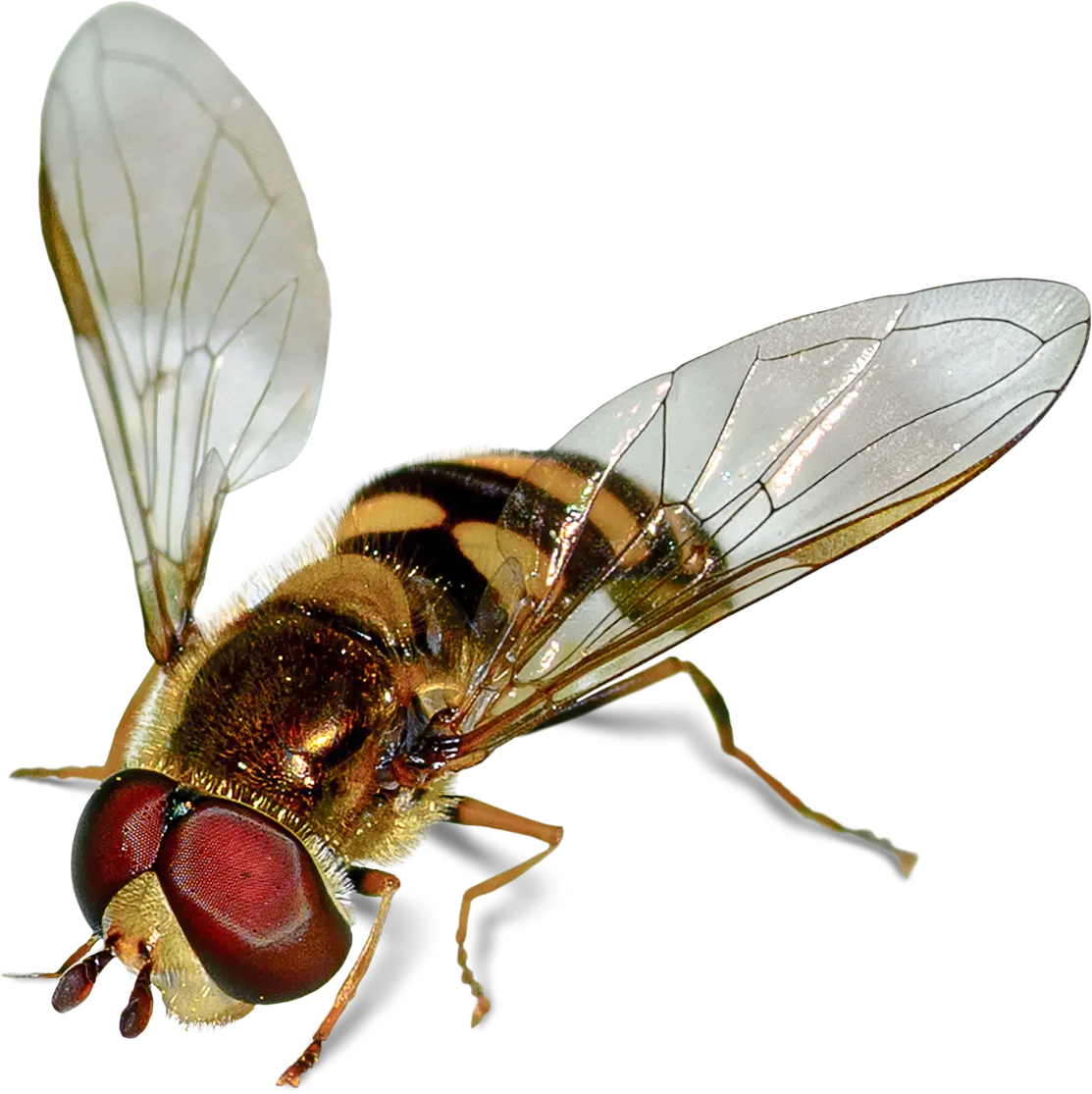
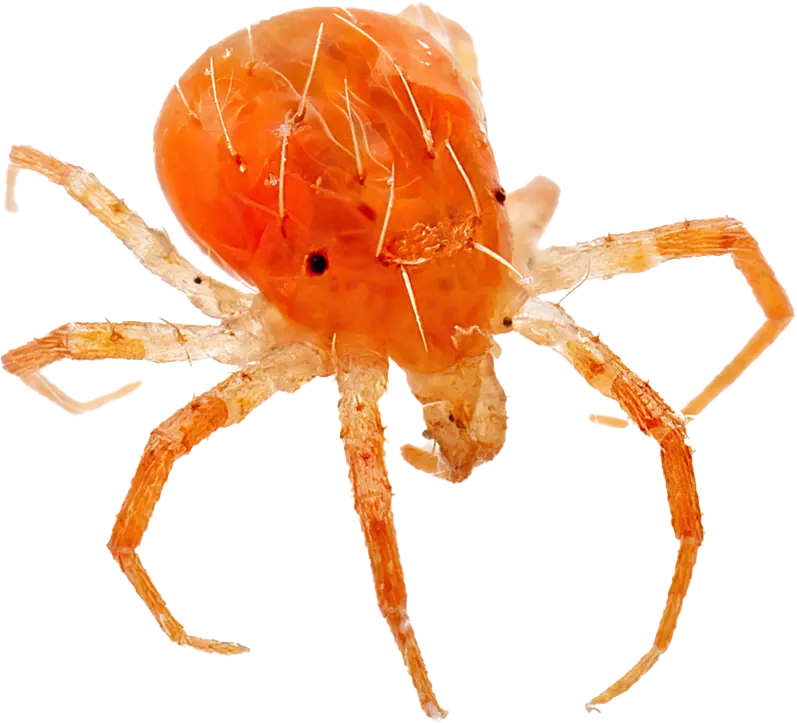


Our mission:
ProtectNature
Anatis Bioprotection
A real passion for biological control
Growers can now manage their crops in a way that maximizes profitability while preserving the environment. Integrated pest management in agriculture is a method of managing crop pests and diseases that emphasizes ecologically sustainable agricultural practices to control pest populations. This approach combines the use of natural predators, parasites, biological products, and crop management strategies aimed at reducing damage while minimizing impact on the environment and human health. Our goal is to decrease pest populations to an acceptable level without resorting to harmful chemical pesticides for the environment and health.
At Anatis, our team of enthusiasts accompany you step by step in your approach. By partnering with nature, we can create sustainable and healthy processes that will help our planet regain balance.
Solutions derived from nature to protect nature!




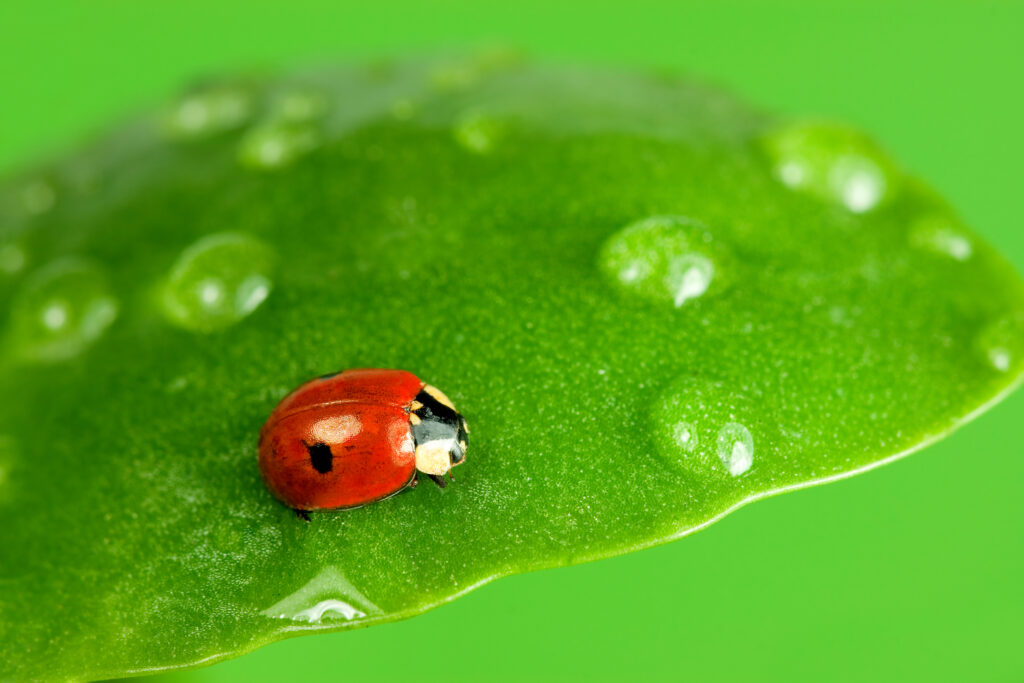

DeliveryCanada & U.S.A

Our bioinsecticides
-
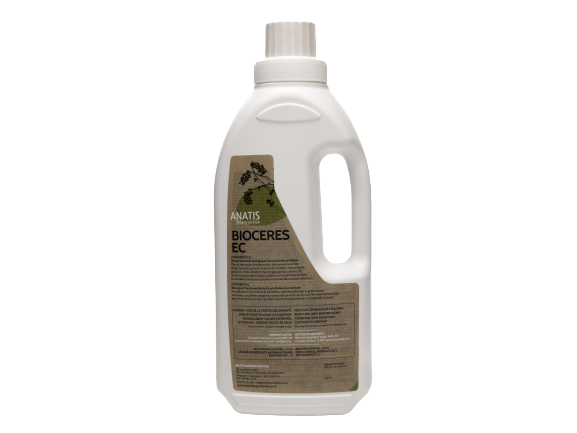 BioCeres® EC
BioCeres® ECBioCeres® EC is a bioinsecticide based on the fungus Beauveria bassiana, used against whiteflies, aphids, and thrips in greenhouse vegetable and ornamental crops. It is only available for commercial agricultural production.
-
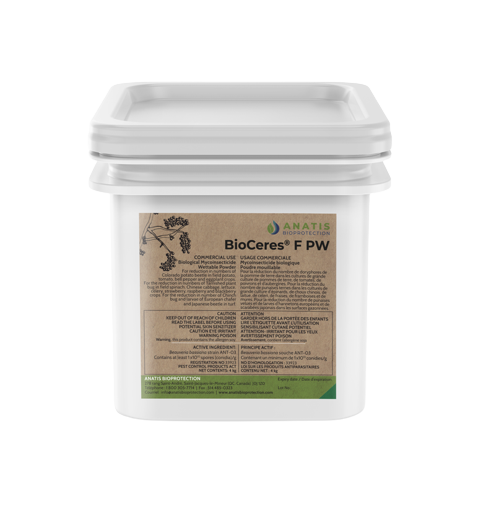 BioCeres® WP
BioCeres® WPEliminate pests quickly and safely with BioCeres® WP, a powerful tool for controlling whiteflies, aphids and thrips at all stages of growth. This revolutionary solution works within the insect’s body to feed on its internal organs until death. Plus, you get a 4-hour REI window and 0-day preharvest interval making it perfect any type of crop from foliar spray.
-
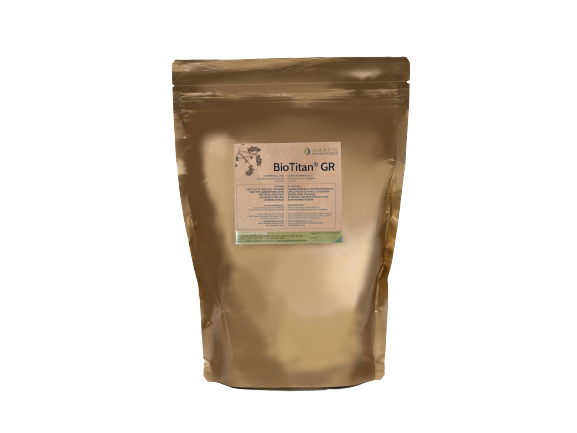 BioTitan GR
BioTitan GRKeep your lawn and crops safe with BioTitan® GR, a powerful organic mycoinsecticide! This advanced solution is proven to control chinch bugs, European chafer larvae (grubs), and Japanese beetles – safeguarding your land against unwanted pests.
